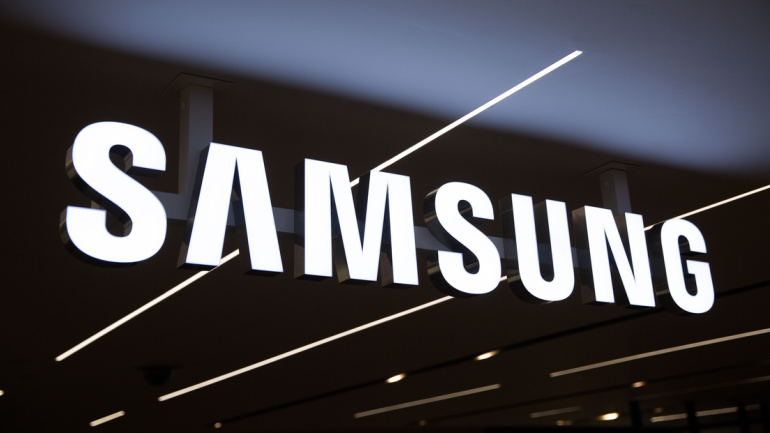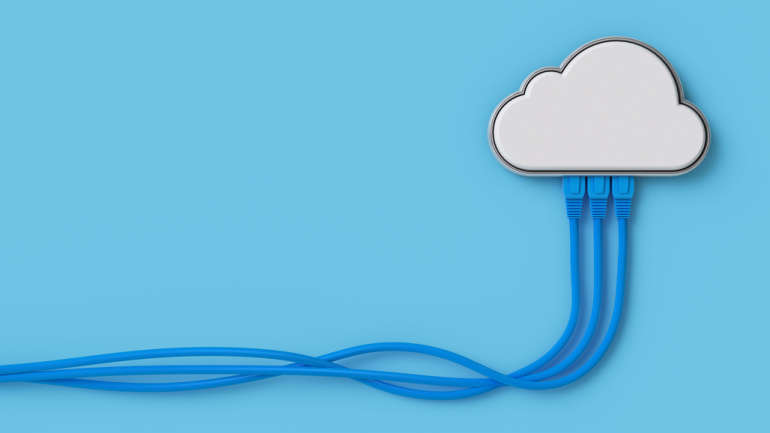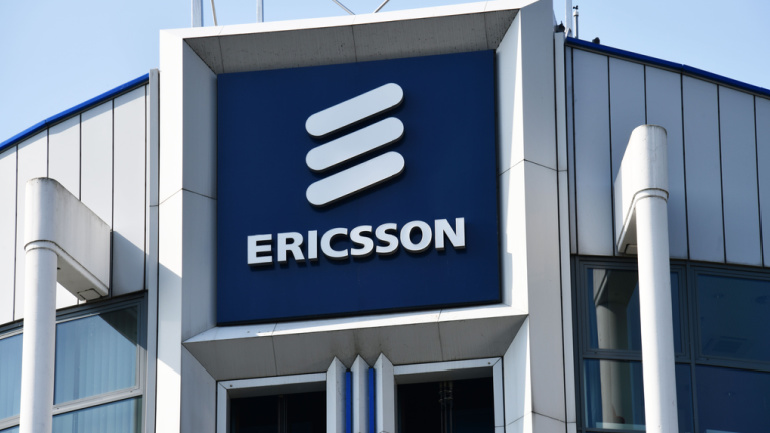The looming merger of Vodafone and Three in the UK sparks heated debate. Anticipated job creation sits around 12,000, yet union estimates portend a job cut of around 1,000 to 1,600. Amidst global job-shedding by Vodafone and Three’s concerning job loss record, an £11 billion pledge to enhance network coverage brings a glimmer of hope. However, hazy figures on staffing levels and possible challenges accessing skilled labor add to the uncertainty.
Dish’s recent announcement differentiates them as the first operator to amalgamate both 2 uplink and 4 downlink 5G carriers, reaching compelling speeds with such configuration. Despite skepticism around Open RAN’s performance, Dish continues to silence critics and signifies an exciting possibility for future network builds.
Swedish telecom giant, Ericsson, navigates uncertain market conditions as shares nosedive due to less-than-stellar sales and the aftermath of Vonage acquisition. CEO Börje Ekholm’s outlook paints a cautious but proactive stance into 2024, with reiteration that long-term EBITA margin targets remain unaltered. Despite this, debates swirl around the company’s decision to acquire Vonage and its impact on the downturn. Could potential partnerships and strategic moves towards Open RAN and Cloud RAN be the missing puzzle pieces to Ericsson’s comeback?
Samsung’s 5G CBRS Strand Small Cell solution empowers cable operators by providing a quick, cost-effective method for deploying 5G data-offloading capabilities. Field-tested and now commercially available, this compact solution has been deployed with Comcast, supporting their goal of efficient data traffic offloading and improved 5G connectivity.
BT unveils Global Fabric – a pioneering network-as-a-service product bridging various cloud environments. Flaunting adaptability and cost-effectiveness, this tool empowers users with the liberty to select and manage data transit routes. Uniquely functioning on AI-backed digital orchestration, Global Fabric predicts an enhanced application experience. BT envisages this as the future of connectivity, harboring better cost efficiencies, heightened application performance, while maintaining a robust defense against cyber threats. Its introduction holds substantial potential to revolutionize the network management market.
Despite a minor dip in its median download speed, T-Mobile continues to reign in mobile performance. However, Verizon and AT&T are gradually closing the gap, as reflected in Ookla’s recent market report. Nonetheless, T-Mobile remains dominant, not only in download speed but across most network parameters. The race is particularly close in 5G latency and consistency, where all three telecom giants exhibit competitive performance. Stay tuned as these corporate titans strive to have the final say in technological supremacy.
In light of Ericsson’s mounting tension with Lenovo and Motorola Mobility for suspected patent infringement, the telecom giant invites a discussion on the significance of intellectual property rights in fostering innovation. An influx in Ericsson’s licensing revenue, along with recent 5G legal victories, underscores this issue within the tech landscape.
DISH Wireless, in partnership with Samsung and Qualcomm, has achieved groundbreaking 5G carrier aggregation milestones. Notably, peak uplink speeds of 200 Mbps and 1.3 Gbps downlink speeds were realized with minimal spectrum usage, marking a significant advance in 5G capabilities. Boost Mobile subscribers can anticipate faster download and upload speeds.
Telecommunication giant BT, in collaboration with Nokia and MediaTek, is exploring the potential of 5G Reduced Capability (RedCap) for Internet of Things (IoT) applications. Recently conducted trials at BT’s research centre aimed at uncovering new use-cases for this technology, which, simplified and less complex than 4G, promises a more efficient IoT ecosystem. As suggested by BT’s Chief Networks Officer, Greg McCall, the RedCap technology could “unlock a new wave of innovation” within the 5G landscape.
NAVIGATE, part of the UK’s ONE competition, involves renowned telecom providers NEC and Freshwave, working to create a neutral host small cell solution for areas with high signal demand. This project, backed by a substantial £7.42 million funding, aligns with the UK Government’s goal of diversifying the 5G supply chain and nurturing Open RAN spaces. NEC and Freshwave will develop an energy efficient, financially viable solution based on NEC’s Open vRAN software that could significantly boost the multi-operator neutral host network. As the UK joins forces with Australia, Canada, Japan, and the US in the Global Coalition on Telecommunications, this project may herald an inventive, cooperative future for the telecoms industry.













